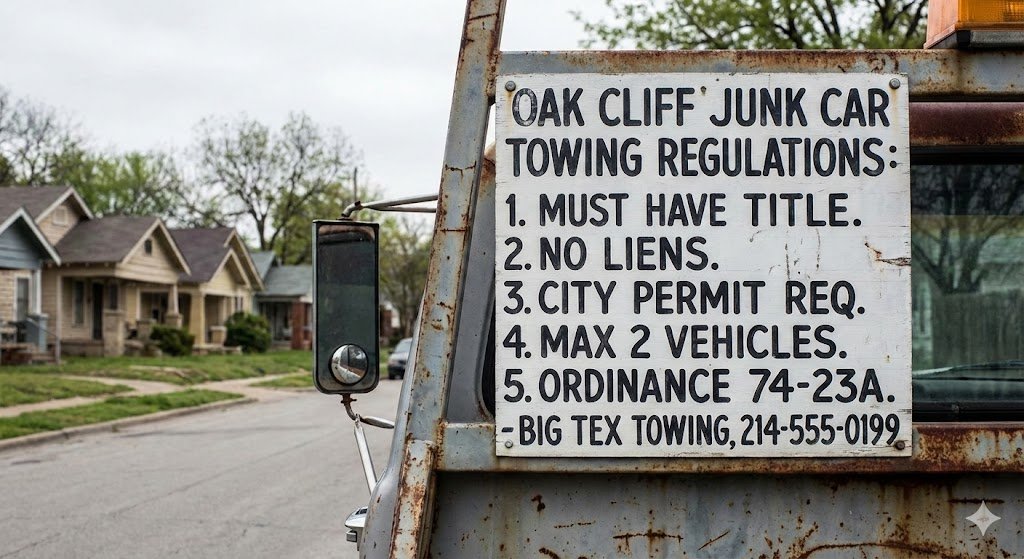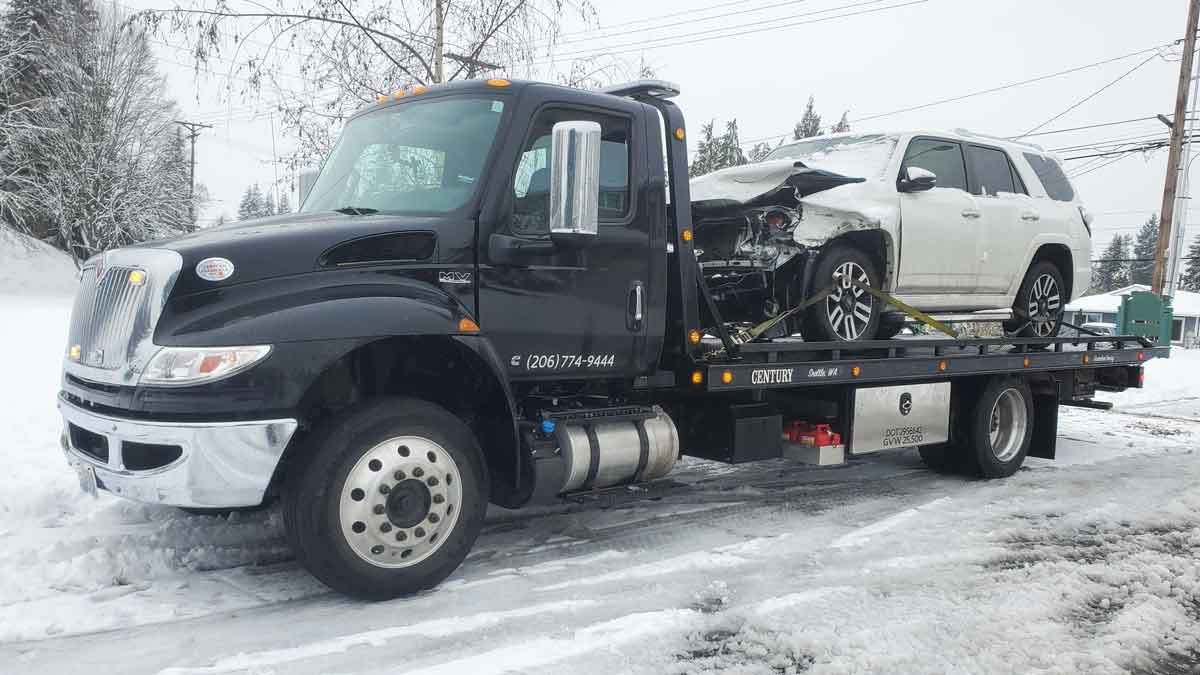The auto recycling industry plays a crucial role in the circular economy, giving new life to materials from end-of-life vehicles (ELVs). As environmental regulations become more stringent and consumers grow more eco-conscious, demonstrating a commitment to responsible practices is more important than ever. Environmental certifications provide a clear, verifiable way for auto recyclers to prove their dedication to sustainability, safety, and regulatory compliance.
Pursuing these certifications helps facilities manage their environmental impact, from handling hazardous fluids to processing scrap metal. This article will explore five key environmental certifications that every auto recycler should consider. We will cover what each certification entails, its benefits, and how it helps businesses operate more responsibly and efficiently.
The Importance of Certification in Auto Recycling
For auto recyclers, environmental certifications are not just about compliance; they are a strategic business advantage. They signal to customers, regulators, and the community that a facility adheres to the highest standards of environmental stewardship.
Certified recyclers often benefit from increased operational efficiency, reduced risk of fines, and an enhanced brand reputation. By implementing structured environmental management systems, these businesses can minimize waste, prevent pollution, and ensure the safe handling of potentially hazardous materials like gasoline, oil, and battery acid. This commitment builds trust and can open doors to new market opportunities.
1. ISO 14001: The Global Standard for Environmental Management
ISO 14001 is an internationally recognized standard that provides a framework for an effective Environmental Management System (EMS). It is not specific to the auto recycling industry, which makes it a versatile and widely respected certification. The goal of ISO 14001 is to help organizations improve their environmental performance through more efficient use of resources and reduction of waste.
Key Aspects of ISO 14001:
- Systematic Approach: It requires a company to establish, implement, maintain, and continually improve its EMS. This includes setting environmental objectives and targets.
- Compliance Obligations: A core component is identifying and complying with all relevant legal and regulatory requirements. This helps recyclers stay ahead of environmental laws.
- Risk Management: The standard emphasizes identifying environmental risks and opportunities, such as potential spills or opportunities for resource conservation.
Benefits for Auto Recyclers:
Obtaining ISO 14001 certification demonstrates a proactive approach to environmental management. It can lead to cost savings through reduced energy consumption and better waste management. Furthermore, it enhances public image and can improve relationships with regulatory bodies.
2. Certified Automotive Recycler (CAR) Program
The Certified Automotive Recycler (CAR) program, administered by the Automotive Recyclers Association (ARA), is specifically designed for the auto recycling industry in North America. This certification ensures that facilities meet a high level of professionalism and adhere to strict environmental and safety standards.
Key Aspects of the CAR Program:
- Industry-Specific Standards: The program is tailored to the unique challenges of auto recycling, covering areas like fluid management, tire handling, and parts dismantling.
- Compliance Focus: CAR certification requires compliance with all relevant federal, state, and local regulations, including those from the Environmental Protection Agency (EPA).
- Regular Audits: Facilities must undergo rigorous third-party audits to achieve and maintain their certification, ensuring ongoing adherence to the program's standards.
Benefits for Auto Recyclers:
The CAR designation is a powerful mark of quality and trust within the industry. It signals to consumers and business partners that the recycler operates responsibly. Many insurance companies and repair shops prefer to work with CAR-certified facilities, providing a distinct competitive advantage.
3. Gold Seal Program (ARA)
Also managed by the Automotive Recyclers Association, the Gold Seal program is another prestigious certification that builds upon the CAR standards. It is designed to recognize recyclers who have achieved an even higher level of customer service and business excellence.
Key Aspects of the Gold Seal Program:
- Customer Service Excellence: Beyond environmental compliance, this program evaluates a company’s business practices, including warranty policies, delivery, and overall customer satisfaction.
- Business Ethics: Gold Seal recyclers must adhere to a strict code of ethics, promoting transparency and integrity in all their business dealings.
- Continuous Improvement: The program encourages ongoing improvement in both environmental performance and customer service, pushing facilities to be leaders in the industry.
Benefits for Auto Recyclers:
Achieving Gold Seal status elevates a recycler's reputation significantly. It tells customers that they can expect not only environmentally sound practices but also superior service and high-quality parts. This can lead to increased customer loyalty and a stronger market position.
4. Responsible Recycling (R2) Standard
While the R2 standard is best known for electronics recycling, its principles are highly relevant to the auto recycling industry, especially for facilities that handle electronic components from modern vehicles. As cars become more technologically advanced, with complex infotainment systems and electronic control units (ECUs), proper disposal and recycling of these components are critical.
Key Aspects of the R2 Standard:
- Focus on Electronics: R2 provides a framework for safely managing and recycling electronic waste, preventing hazardous materials from ending up in landfills.
- Data Security: A key component is ensuring the secure destruction of data on electronic devices, which is increasingly important for vehicle components that may store personal information.
- Downstream Vendor Management: R2 certification requires recyclers to vet and track the entire recycling chain to ensure that all materials are handled responsibly.
Benefits for Auto Recyclers:
For recyclers expanding into vehicle electronics, R2 certification provides a clear path to responsible management. It mitigates risks associated with data privacy and hazardous e-waste, building confidence among customers who are concerned about where their old electronics end up.
5. State-Specific Environmental Programs
In addition to national and international certifications, many states have their own environmental recognition programs for businesses. These programs are often designed to address local environmental concerns and regulations. Examples include "Green Yard" or "Clean Marina" style programs adapted for the auto recycling industry.
Key Aspects of State Programs:
- Local Focus: These certifications are tailored to state-specific environmental laws and priorities, such as water quality protection or specific waste disposal rules.
- Government Partnership: They often involve a partnership with state environmental agencies, providing recyclers with resources, training, and recognition.
- Accessibility: State programs can be a more accessible starting point for smaller recyclers looking to begin their journey toward environmental certification.
Benefits for Auto Recyclers:
Participating in a state-level program demonstrates a strong commitment to the local community and environment. It can improve relationships with state regulators and may offer benefits like reduced inspection frequency or public recognition from the state government. It is an excellent way to show local customers that you are a responsible business citizen.
Paving the Way for a Greener Future
For auto recyclers, environmental certifications are more than just badges to display. They are frameworks for building a more sustainable, efficient, and profitable business. By pursuing certifications like ISO 14001, CAR, Gold Seal, and R2, recyclers can reduce their environmental footprint, ensure regulatory compliance, and build a trusted brand.
As the automotive industry continues to evolve, the importance of responsible recycling will only grow. Embracing these standards is a proactive step toward meeting future challenges and securing a leadership position in a vital and changing industry.





